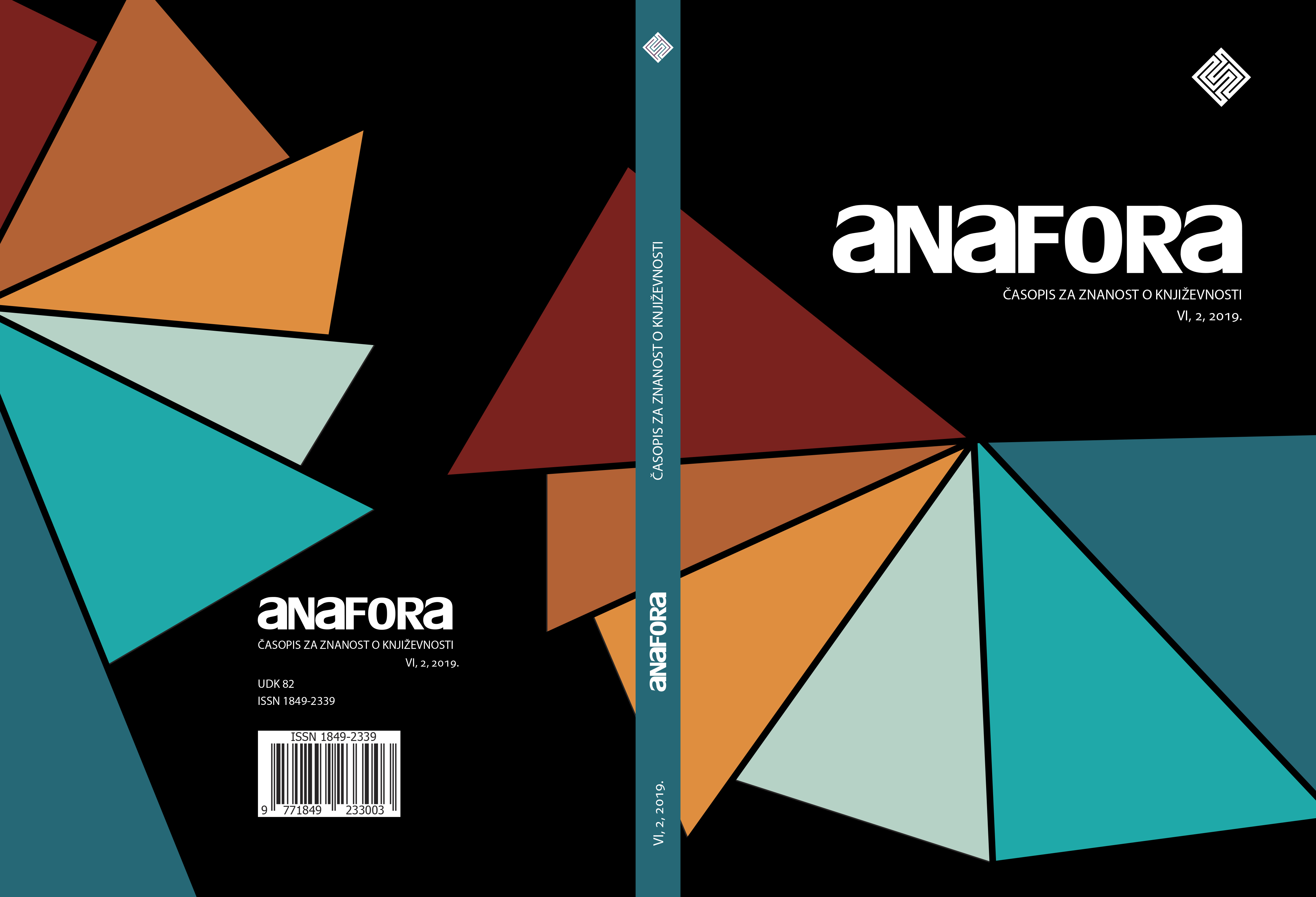Acceptance of Death in Raymond Carver’s “A Small, Good Thing”
Acceptance of Death in Raymond Carver’s “A Small, Good Thing”
Author(s): Tea DuzaSubject(s): American Literature
Published by: Filozofski fakultet, Sveučilište Josipa Jurja Strossmayera, Osijek
Keywords: Raymond Carver; death; acceptance; literature; minimalism; “A Small, Good Thing”;
Summary/Abstract: This paper discusses the ways Raymond Carver depicts death in one of his most well-known short stories “A Small, Good Thing.” It deals with Carver’s minimalism as a literary device used to portray the communication (or lack of it) between the characters. The paper may be divided into three parts, showing the different stages of dealing with the protagonist Scotty’s death that his parents go through. The first part addresses denial, grief, and different ways in which people react to the death of a loved one. The second part elaborates on miscommunication as a leitmotif in Carver’s stories and shows the complete breakage of communication between the characters; namely between Scotty’s parents and the doctor, the baker, and the nurses, to name a few. The final part delves into the act of eating as a small, good gesture of kindness that brings people together and calms them down when a person dies. The end asserts that we constantly attempt to understand one another and, unfortunately, often fail to do so because of the unreliable and multi-faceted nature of language.
Journal: Anafora - časopis za znanost o književnosti
- Issue Year: 6/2019
- Issue No: 2
- Page Range: 413-422
- Page Count: 10
- Language: English

